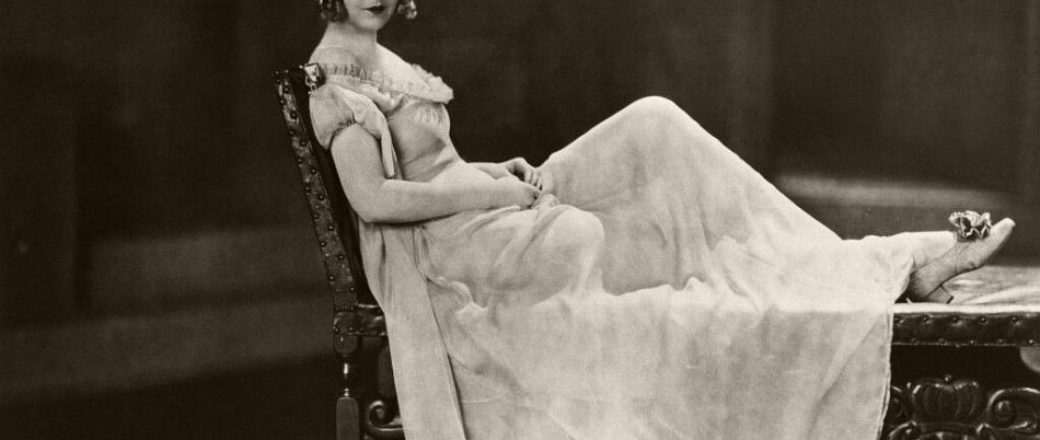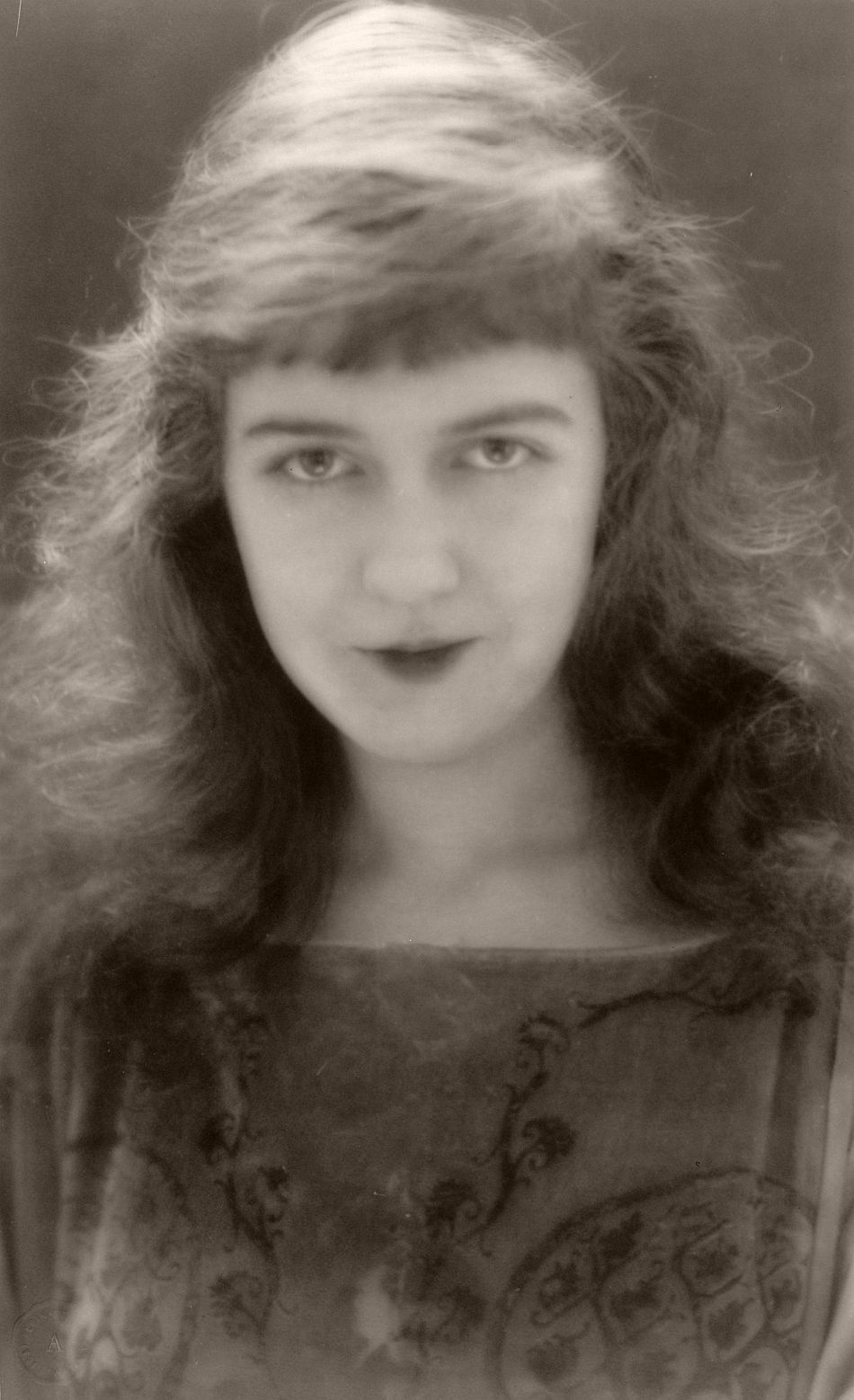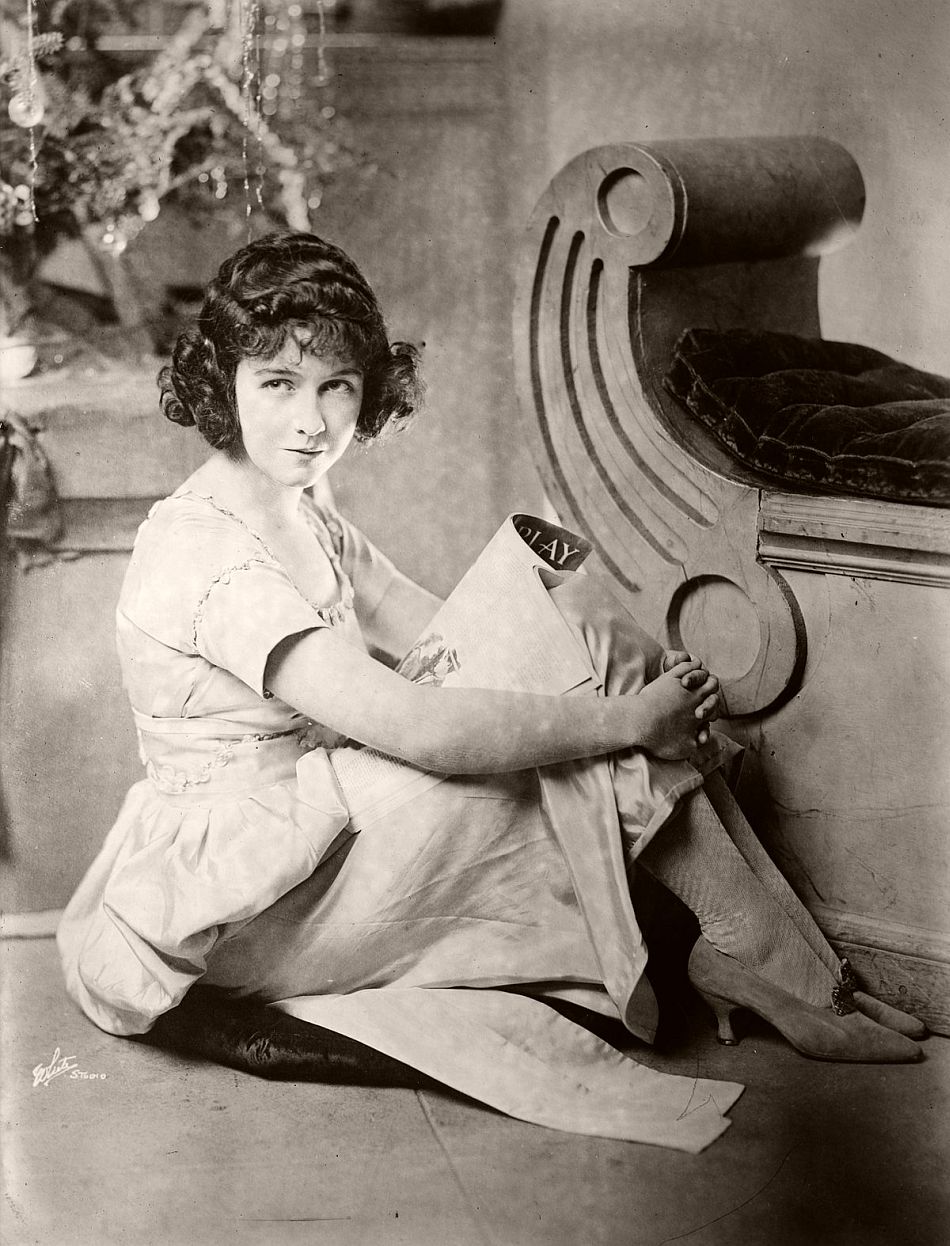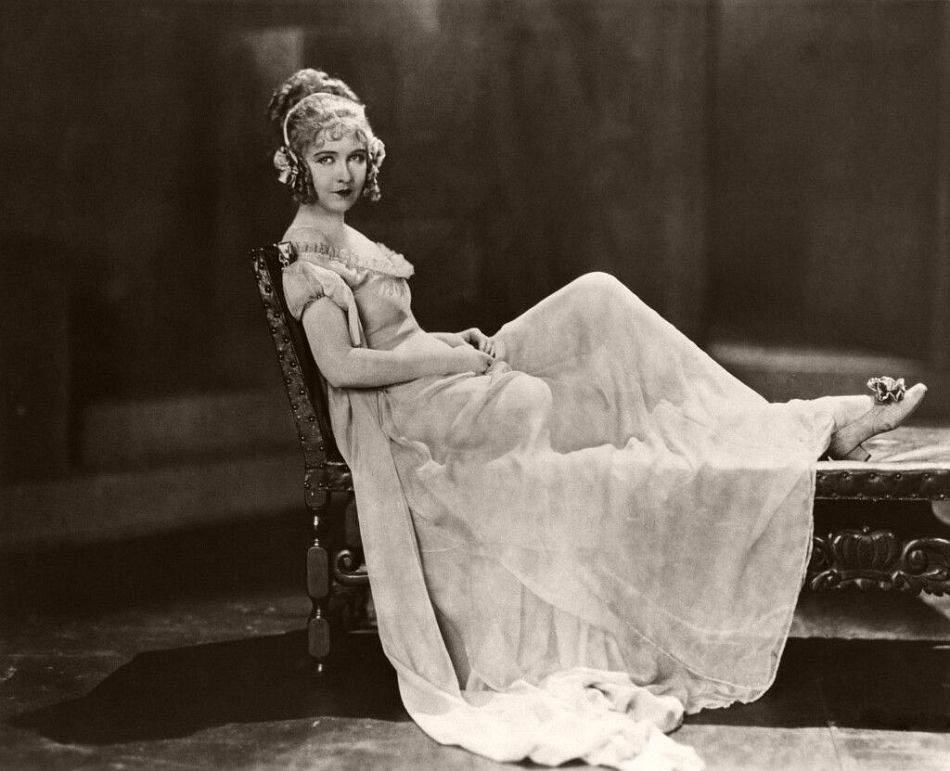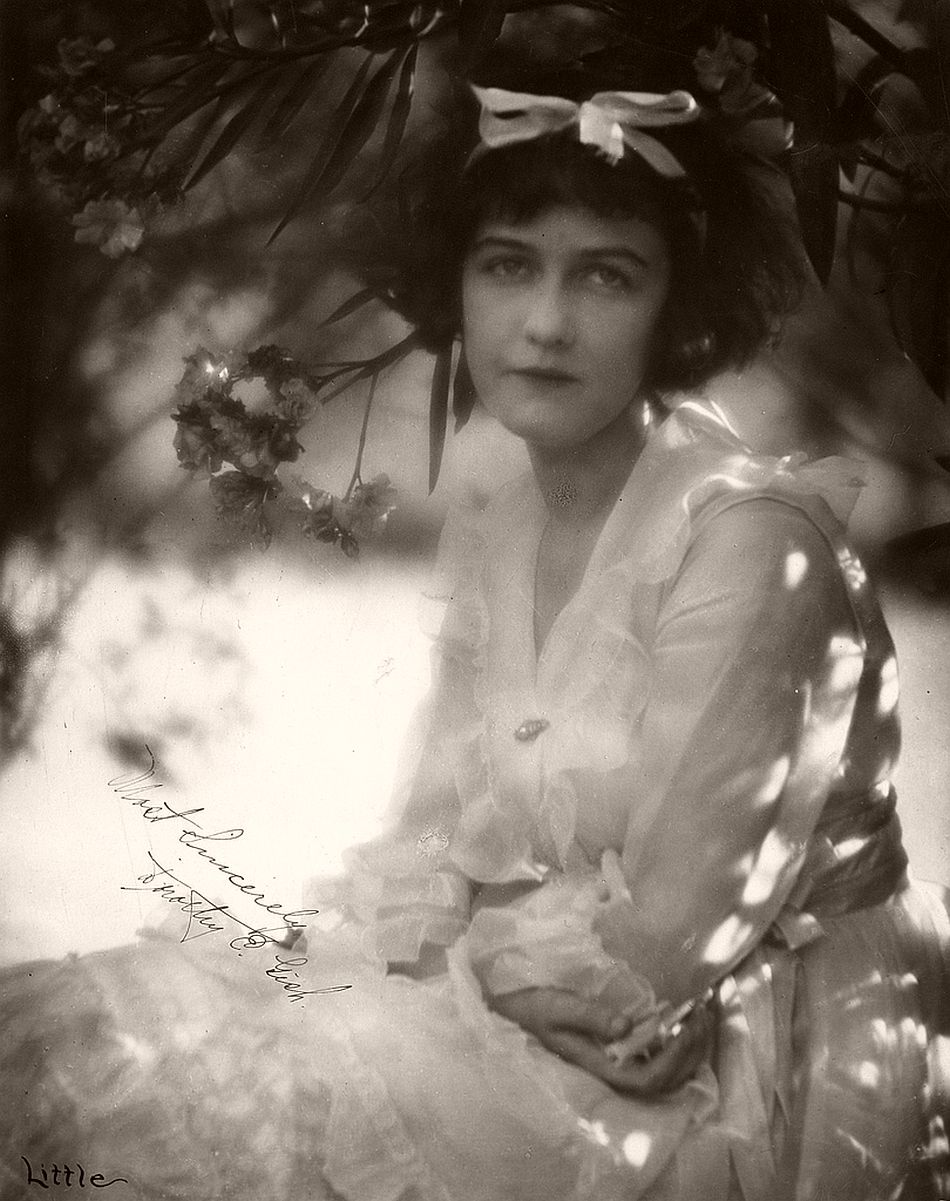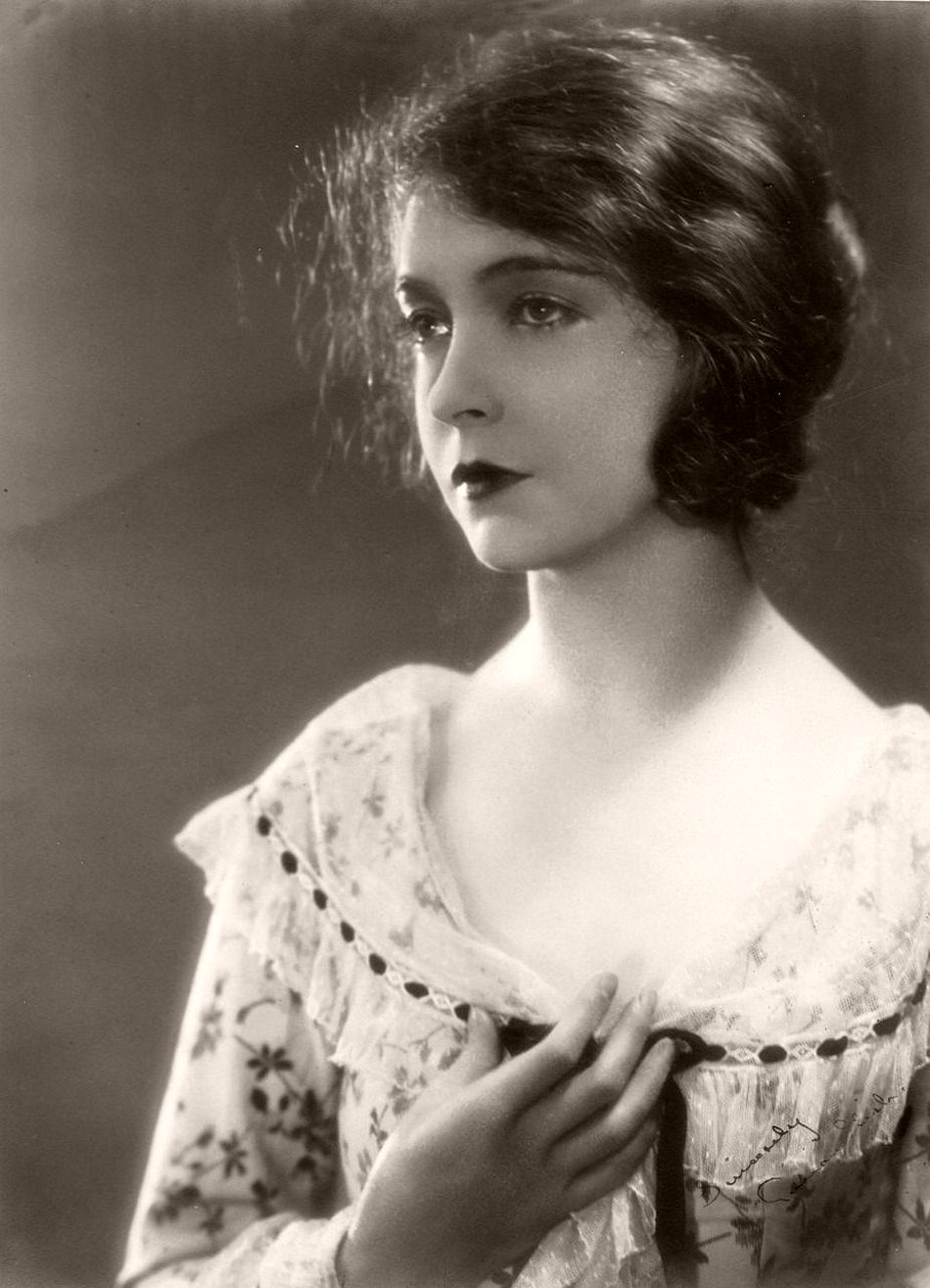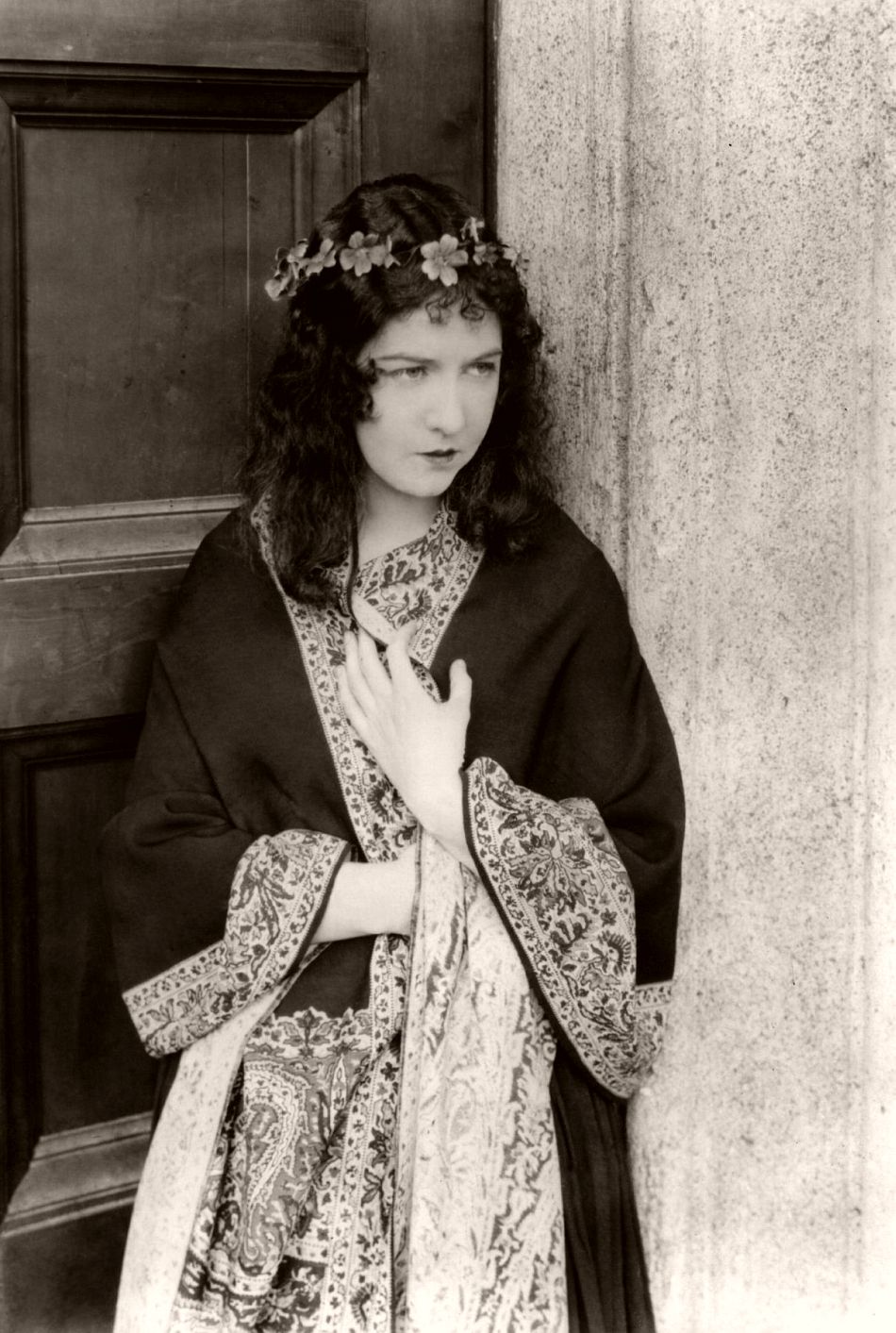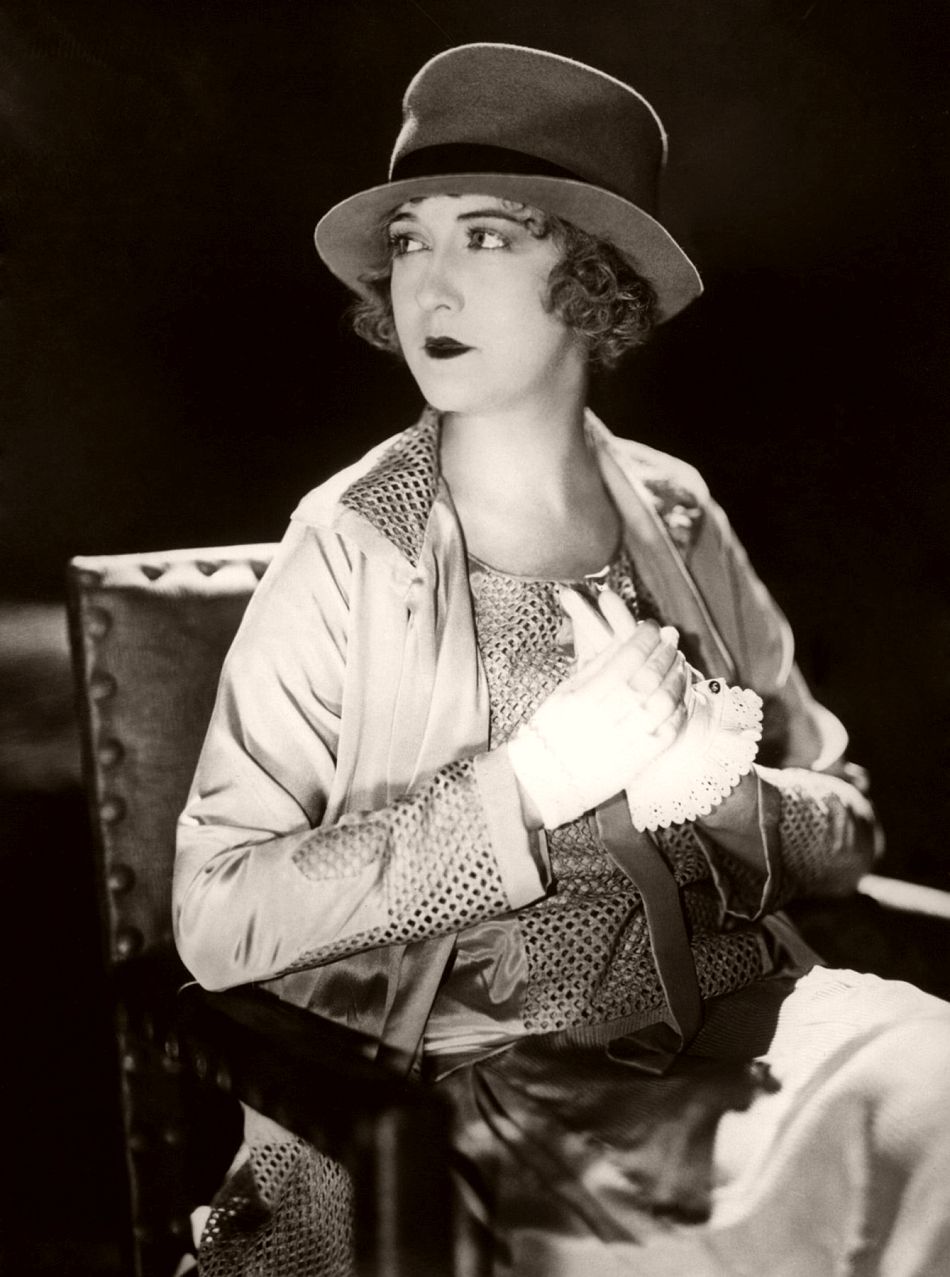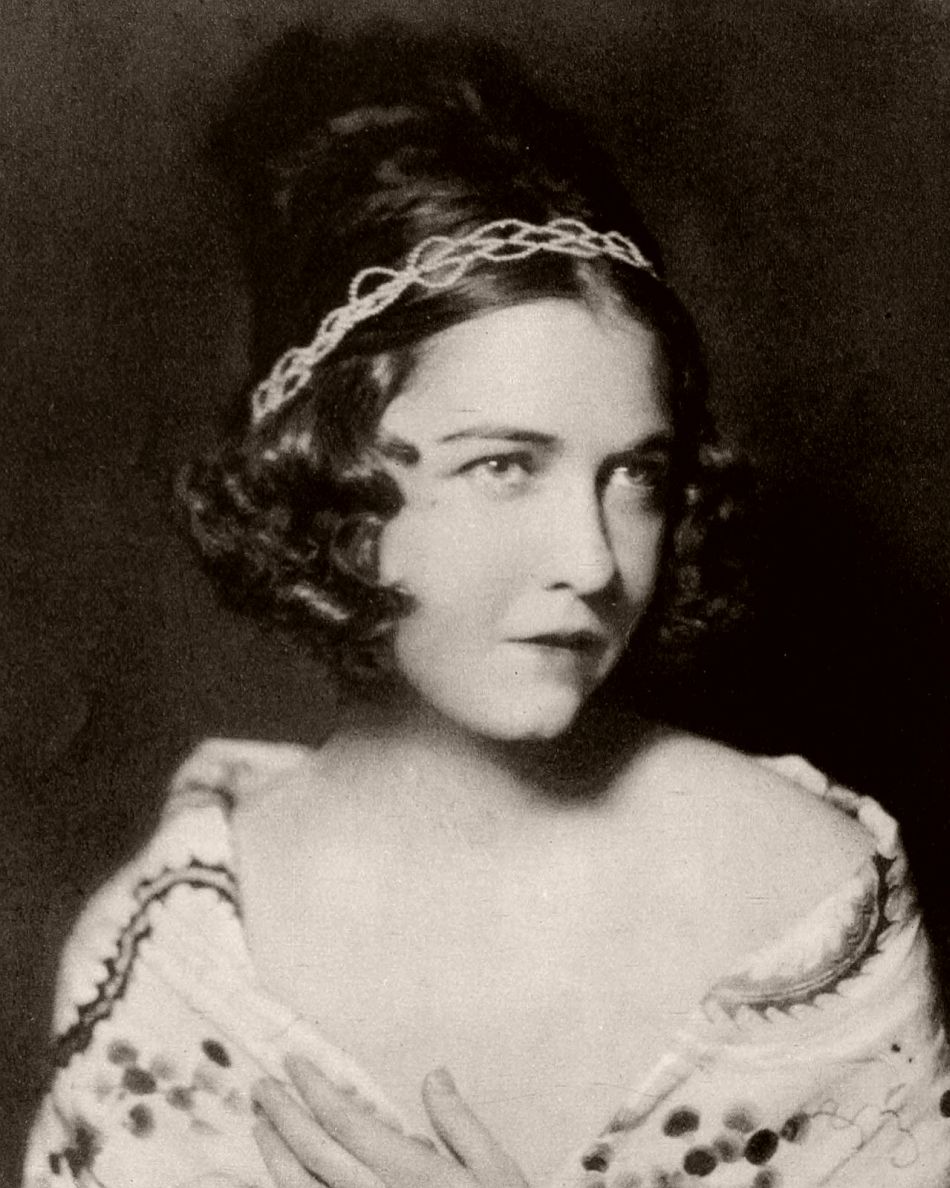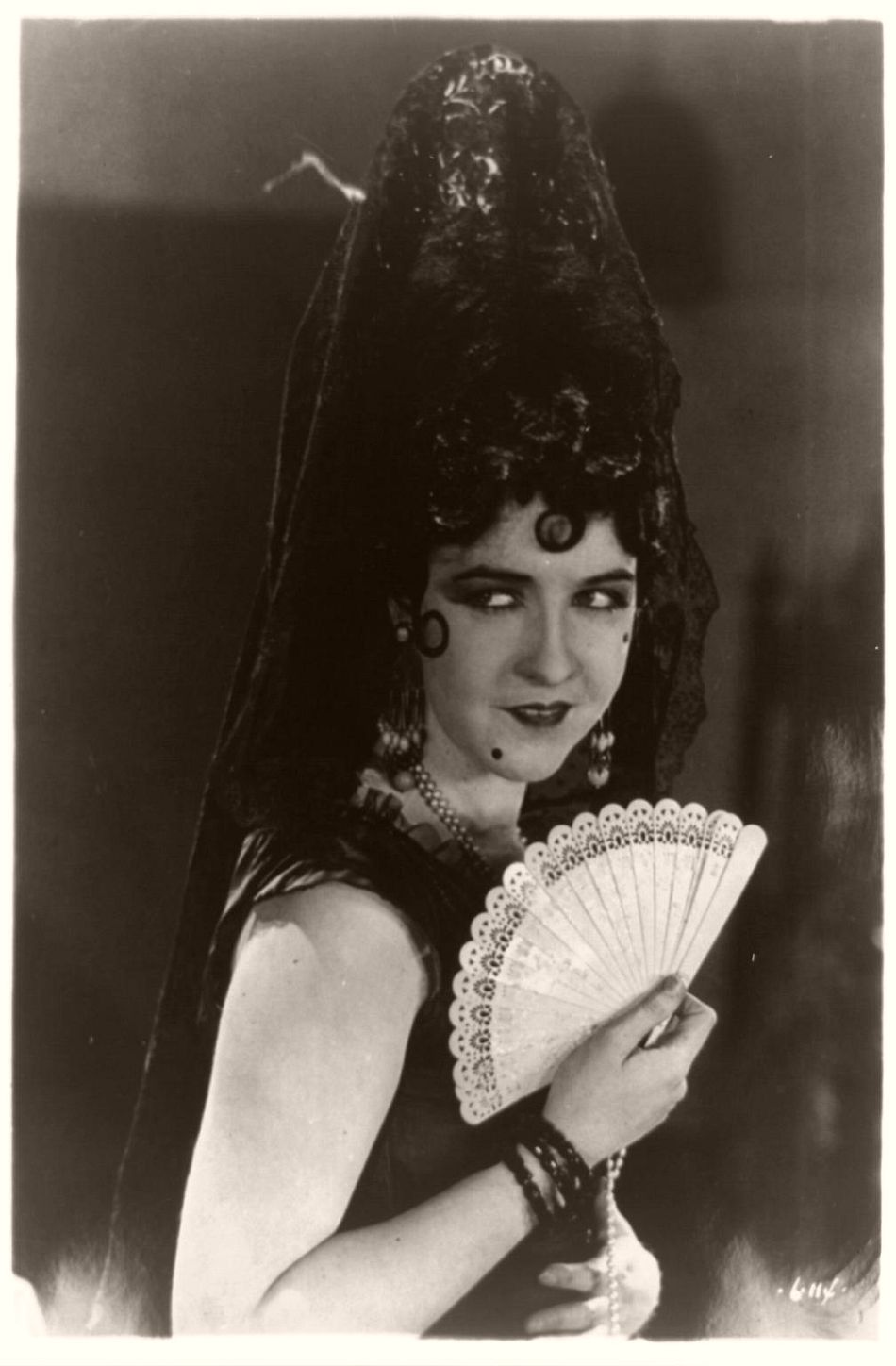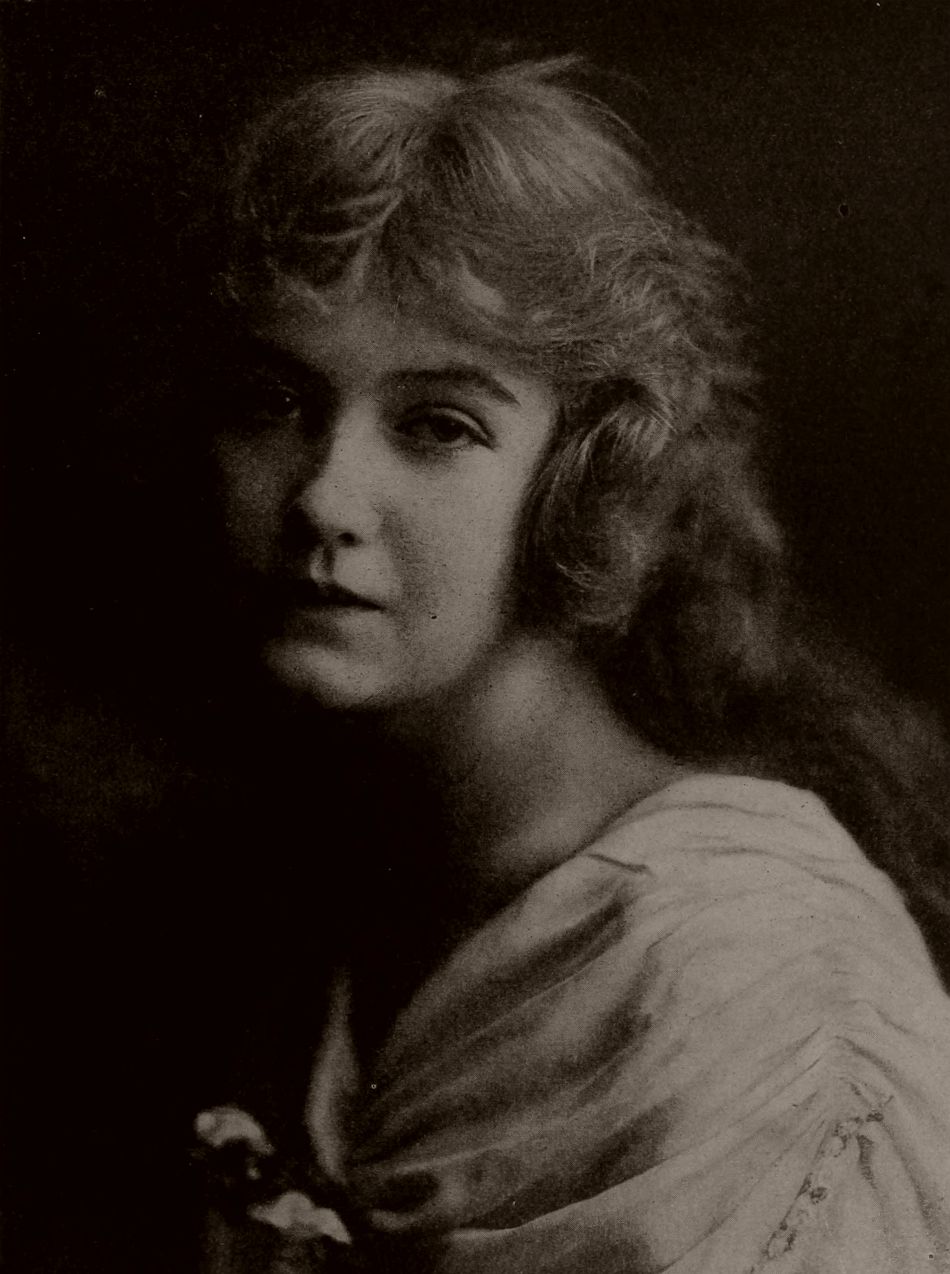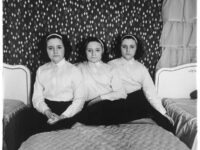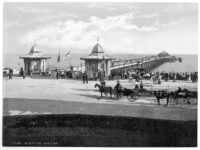Dorothy Gish (1898 – 1968) was an American actress.
In Hearts of the World (1918), a film about World War I and the devastation of France, Dorothy found her first foothold, striking a personal hit in a comedy role that captured the essence of her sense of humor. As the “little disturber”, a street singer, her performance was the comic highlight of the film, and her characterization in this role catapulted her into a career as a star of comedy films.
Griffith did not use Dorothy in any of his earliest epics, but while he spent months working on The Birth of a Nation and Intolerance, Dorothy was featured in many feature-length films made under the banner of Triangle and Mutual releases. They were directed by young Griffith protégés such as Donald Crisp, James Kirkwood, and Christy Cabanne. Elmer Clifton directed a series of seven Paramount-Artcraft comedies with Dorothy that were so successful and popular that the tremendous revenue they raked in helped to pay the cost of Griffith’s expensive epics. These films were wildly popular with the public and the critics. She specialised in pantomime and light comedy, while her sister appeared in tragic roles. Dorothy became famous in this long series of Griffith-supervised films for the Triangle-Fine Arts and Paramount companies from 1918 through 1920, comedies that put her in the front ranks of film comedians. Almost all of these films are now considered to be lost films.
“And So I Am a Comedienne”, an article published in Ladies Home Journal in July 1925, gave Dorothy a chance to recall her public persona: “And so I am a comedienne, though I, too, once wanted to do heroic and tragic things. Today my objection to playing comedy is that it is so often misunderstood by the audiences, both in the theater and in the picture houses. It is so often thought to be a lesser art and something which comes to one naturally, a haphazard talent like the amateur clowning of some cut-up who is so often thought to be ‘the life of the party’. In the eyes of so many persons comedy is not only the absence of studied effect and acting, but it is not considered an art.”
She made a film in England Nell Gwynn which lead to three more films. Gish earned £41,000 for these movies.
When the film industry converted to talking pictures, Dorothy made one, Wolves (1930), but then chose to take a respite from film work and return to the American stage where she had spent her childhood. George Cukor directed her in Young Love, and the light comedy found success with New York audiences as well as those on the road. A London production followed with equal success.

